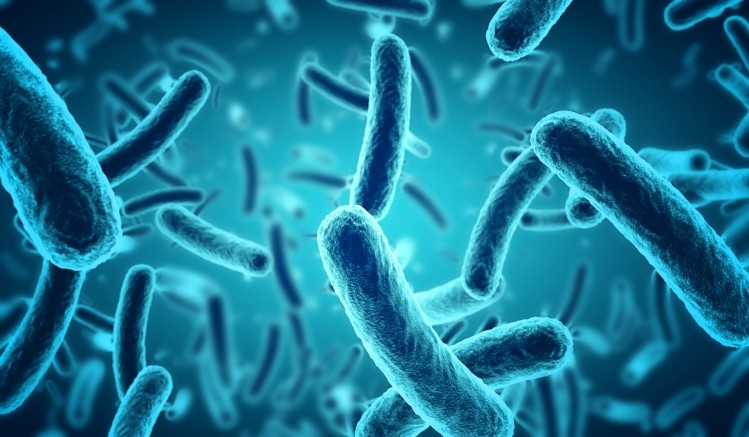Probiotics as prophylactics: Bifidobacterium strain may prevent arthritis

Additionally, the increased production of bile salt (BS) metabolites resulted in enhanced protection and prevention against rheumatoid arthritis (RA) in the mice models.
“In the current study, we revealed for the first time that pre-treatment using a specific gut microbial strain, B. pseudocatenulatum, restores the disorganized microbiome due to arthritis at the genome-wide level.”, the researchers from central south university, Sichuan university, the ministry of education, and the National Clinical Research Center for Geriatric Disorders in China conclude.
Preventative probiotics
Rheumatoid arthritis represents a wide-spread auto-immune condition for many. Due to its inflammatory nature, there has been an increased interest in the use of probiotics for its treatment, focusing on early intervention to prevent the characteristic synovitis and bone destruction.
Despite the exhibited anti-inflammatory and enhanced immune responses resulting from intestinal microbe species such as Bifidobacterium strains, there is a lack of research into the effectiveness of single strains utilised as a probiotic to treat disease.
The ability of most intestinal microbes to produce the de-conjugated bile acids (BAs) of LCA and DCA, which activate the Takeda G protein-coupled receptor 5 (TGR5), enables for the resultant anti-inflammatory response and maintenance of immune homeostasis.
Paired with previous research portraying the success of immunosuppressive-based treatment for RA, the researchers sought to observe the effects of changes in bile acid composition following manipulation with probiotics, to assess the potential to hinder RA progression.
Study
The study utilised a human cohort to enable for the identification of the dysbiosis occurring in the disease state, whilst collagen-induced arthritis mice models were used to test the impact of administration of the probiotic before and after treatment. The mice in the prevention group were administered 0.2 mL B. pseudocatenulatum daily for 21 days before receiving antibiotic treatment. The treatment group were administered the strain for 21 days after receiving the immunisation. Subsequent blood and faeces samples were taken to measure bile acid quantity. The study also included a control and a placebo group.
The authors conclude that B. pseudocatenulatum was found to demonstrate intestinal barrier protection as well as microbiota manipulation to increase activity of bile salt hydrolase (BSH). As a result, it was observed that there was a significant increase in total concentration of the deconjugated BAs of LCA and DCA; those noted to inhibit the production of proinflammatory factors including IL-1β, IL-6, and TNF-α. The authors suggest the resultant increases in BAs may enable for the prevention of joint damage in the mice.
Explained
With significant gut dysbiosis reported in those suffering from RA, the study findings suggest that the probiotic strain enabled for the reversal of this shift to anti-inflammatory associated species.
“The salutary role of B. pseudocatenulatum, as demonstrated in the prevention group, may be attributed to its contribution to promoting synergistic activity among BSH-enriched genera. These genera synergistically repaired the intestinal barrier and regulated BA metabolic pathways in the prevention group, suggesting that B. pseudocatenulatum is a pioneer species that enables the colonization of other probiotic species to promote a favourable intestinal ecosystem.”, the scientists explain.
The report highlights the importance of the intervention timing to effectively use probiotics as prophylactics in future treatment, with treatment suggested to occur during or prior to disease onset.
“Our findings support the prevailing idea that probiotics may be a new strategy for preventing and treating RA in humans.”, conclude the researchers, yet it is noted that future RCTs replicating the study with human samples is required to prove a causal relationship.
Source: Nutrients
https://doi.org/10.3390/nu15020255
“Bifidobacterium pseudocatenulatum-Mediated Bile Acid Metabolism to Prevent Rheumatoid Arthritis via the Gut–Joint Axis”
by Qing Zhao, Huan Ren, Nian Yang, Xuyang Xia, Qifeng Chen, Dingding Zhou, Zhaoqian Liu, Xiaoping Chen, Yao Chen, Weihua Huang, Honghao Zhou, Heng Xu and Wei Zhang.




